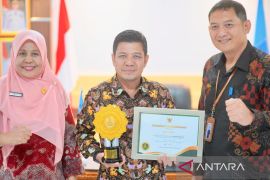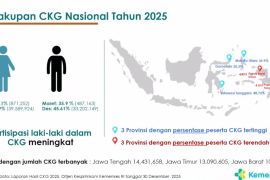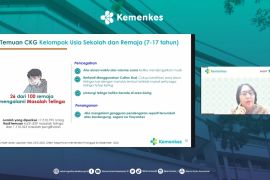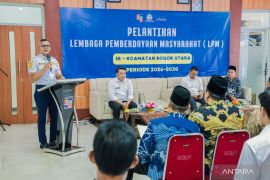In a statement on Thursday, Harbuwono explained that excessive antibiotic use, irregular medication intake, and non-medical drug consumption contribute to AMR. This can increase infection susceptibility and mortality rates.
He warned that AMR could evolve into a "silent pandemic." Indonesia's AMR situation is alarming, with 34,000 of the 400,000 sepsis-related deaths attributed to antimicrobial resistance. Citing data from the online Hospital Information System (SIRS), Harbuwono revealed that 25 percent of inpatient deaths in 2023 were due to sepsis, with East Java reporting the highest incidence.
Globally, AMR is a significant threat, causing at least 1.2 million deaths in 2019. Projections indicate that this figure could rise to 10 million annually by 2050 if left unchecked, solidifying its status as a "silent pandemic."
To combat AMR, Harbuwono stressed the need for infection prevention and judicious antimicrobial use. His administration has consistently promoted awareness, including among regulatory bodies.
Baca juga: Areas with high TB cases to get portable X-rays: Sadikin
Baca juga: Collaboration key to ensure halal vaccine availability
GeMa CerMat is a collaborative effort between the government and the public to address this issue. The Deputy Minister emphasized that the initiative involves not only medical professionals but the entire community.
"By working together, we can ensure the wise and effective use of antimicrobials and safeguard the health of future generations," he concluded
Pewarta : Mecca Yumna Ning Prisie
Editor:
I Komang Suparta
COPYRIGHT © ANTARA 2026









